Liberation of Children’s Aspirations According to their Talents in the Film Garuda di Dadaku (2009)
Through this essay, I would like to raise an issue related to the prevalence of parents who limit their children’s dreams. Parents only see from one side where children are only allowed to focus on education at school, considering only education that can make children successful but ignoring the tendencies or talents that children have. Finally, many children feel suppressed by their parents’ perceptions and develop into prohibitions. The prohibition arises in a harsh educational pattern. So that the child feels not free in determining the dream he chooses. This has a negative impact on the child’s mental development psychologically.
In the film Garuda di Dadaku, the grandfather forbids Bayu to play football on the grounds that his son should focus on education and not fail like his father. Even though Bayu has good football skills passed down from his father. The extreme prohibition to play football also affects the health of children, because football for children at an early age is very beneficial. Health-wise, football is needed to increase fitness, support heart, muscle, and bone health, and even develop a child’s personality. But unfortunately, many parents limit it for trivial reasons such as dirty clothes or so as not to get tired. This issue is what I really want to raise so that it becomes a comprehensive awareness for parents in supporting their children’s talents and hobbies.
Discussion
In discussing this film, I started by analyzing the intrinsic film elements in detail in order to find interesting studies to be researched using theory.
- Analysis of Intrinsic Film Elements
- Theme
The theme of this 96-minute film is the struggle to achieve the dream of becoming a famous football player in the country. This children’s film by Ifa Isfansyah aims to encourage every child in Indonesia to be enthusiastic about achieving their dreams despite many challenges. It is not wrong that Bayu’s inspirational story is able to arouse children his age to dream freely according to their abilities. The sound of “Garuda Di Dadaku, Garuda Kebanggaanku, Ku yakin hari ini Pasti Menang” is now widespread throughout the country, often whenever there is a football competition, the phrase becomes the main yell of the supporters in the stadium.
- Storyline
The storyline begins with a boy named Bayu who has a hereditary talent for playing football from his father. However, his father was injured so his dream of becoming a football player was not achieved so he looked for another way as a taxi driver. This made his grandfather Usman try hard to forbid Bayu from playing football. Bayu’s grandfather forbade him with violence and directed Bayu to take Maths, painting, and music lessons in order to succeed in delivering his grandson to the gate of success expected by his grandfather. However, Bayu has a best friend named Heri who is the son of a rich man. Heri loves football but his legs are paralyzed so he can’t realize his dream. Finally, he was willing to support Bayu’s dream, to enter the U-13 national team selection including financing Bayu. During the selection process, Bayu was assisted by Zahra who gave him a graveyard that had not been used as a training field. But in the middle of pursuing his dream, Bayu’s efforts were discovered by his grandfather who was furious. Their friendship was almost broken, but finally, Bayu was allowed to pursue his dream by his grandfather. After going through a difficult struggle, Bayu finally managed to become a national team player and played at Gelora Bung Karno Jakarta. Everyone applauded and his grandfather finally supported Bayu’s dreams after seeing this success.
- Characters
Bayu: The main player in Garuda di Dadaku, he was an obedient child but his grandfather never appreciated his talent in football. But thanks to the support of his best friend, Bayu did not give up until he achieved his dream of becoming a national football player.
Heri: Bayu’s best friend who also loves football, but his legs are paralyzed. But he likes to help his friends in achieving their dreams, one of which he helped Bayu and Zahra.
Zahra: Bayu and Heri’s best friend who lends the land next to the cemetery for Bayu’s practice field before the selection. Zahra is also very talented in painting.
Usman: Bayu’s grandfather is orientated that success cannot be achieved from football so he forbids Bayu to play football. Instead, he forces Bayu to do talents that he doesn’t like such as painting, and music, and emphasizes maths and English.
- Background
The setting for filming this film takes place in the DKI Jakarta area, Indonesia. Starting from home, school, and field to Gelora Bung Karno. The purpose of shooting the film in Indonesia is to motivate Indonesian children to achieve their dreams and love football more.
- Moral Message
The moral of the film is that as guardians or parents, we should not just direct our children towards a certain orientation of success. However, we must look for their preferred talents and then facilitate them so that children are not psychologically and mentally depressed. In addition, the importance of the role of friends in increasing the spirit of achieving dreams is also a major element of success. Mutual respect and support in the world of children’s friendship is a positive issue to be disseminated to children in Indonesia.
- Humanistic Theory Carl Rogers
Humanistic theory is a theory that humanizes humans, Carl Rogers views that humans are basically good, constructive, and will always have a positive forward orientation. Therefore, mutual respect for human tendencies, talents, and abilities is a basic science in social life. So it can be seen in this movie that what Bayu’s friends do is a humanistic approach, including:
- Self-Direction: Seeing the condition of Bayu who has soccer talent but is not supported by his grandfather, Heri practices the theory of self-direction by directing Bayu slowly to start his dream. First, Heri invited Bayu to watch Bola at the stadium so that he would be more motivated. After Bayu’s enthusiasm caught fire, Heri quietly invited Bayu to enroll in a special soccer school and take part in the U-13 national team selection event. Not stopping there, Heri also gave directions about good training with an adequate field. This approach is called a humanist approach to solving individual problems.
- Important Feeling: what is meant by important feeling in the movie is when Bayu’s mother uses her feelings as a mother to support her son’s talent even though his grandfather tries hard against him. The role of Bayu’s mother is very useful to provide encouragement in the midst of Bayu’s mental decline due to the harsh nature of his grandfather. So that Bayu does not feel so depressed when living it.
- Freedom to Threat: Heri and Zahra give Bayu the space to exercise freedom to achieve his dreams, amidst the difficulty he has in getting them. This support is illustrated through facilities that facilitate Bayu’s training.
In addition to the above, when viewed from Carl Rogers’ Theory, his friends use person-centered theory using interpersonal communication to develop Bayu’s capacity and solve his problems.
While individually what Bayu did was the theory of Self-Consistency and Conformity. After various approaches taken by his friends, Bayu appreciates the encouragement with consistency in practicing and adjusting to the conditions at home. He had to divide his time between attending lessons ordered by his grandfather and soccer practice. Although it takes a struggle he still does this until he can practice smoothly. Supported by self-actualization when he successfully passed Pak Johan’s (SSB Coach) exam, he proved to his friends and even his opponents at school that he was qualified in football. Finally, the coaches also recognized Bayu’s ability. The Humanistic approach initiated by Carl Rogers is well utilized in this film to solve the problems of children like Bayu.
Summary
Based on the analysis that I have done above, I conclude that Garuda di dadaku movie helps raise the issue of children who are most experienced in the Indonesian family environment today. How many children do not receive encouragement for their talents because of the parents’ static orientation in stigmatizing the meaning of success. Finally, it makes children depressed and not enjoy learning.
In this issue, this movie raises the humanist approach of Bayu’s friends to encourage him to pursue dreams according to his talents even though he is hindered by the blessing of his grandfather. This movie is a lesson in how we behave towards children, and not determine the ideals that are unidirectional. Every noble dream must become a new orientation in the pattern of children’s education today. Then if there is no encouragement from family, as friends we can encourage each other to reach our dreams. Therefore, I chose this title because I am interested in the issue of children achieving freedom to achieve their dreams, which is still minimal in Indonesia.
References
Dr. Kevin Andrian. 2021. https://www.alodokter.com/jangan-dilarang-ini-manfaat-bermain-sepak-bola-bagi-anak.
Nurani NBA, Alfiyah Intan. 2022. Analisis Film “Taare Zameen Par” Menggunakan Teori Humanistik Carl Rogers. https://www.studocu.com/id/document/universitas-muhammadiyah-surakarta/psikologi-kepribadian/analisis-film-menggunakan-teori-carl-rogers/29432871.
Ratu, Bau. 2014. Psikologi Humanistik ( Carl Rogers ) dalam Bimbingan dan Konseling. https://www.neliti.com/publications/124043/psikologi-humanistik-carl-rogers-dalam-bimbingan-dan-konseling#id-section-title.
BACA JUGA: Belajar Toleransi Lewat Karya ArtJog 2023
Editor: Bennartho Denys
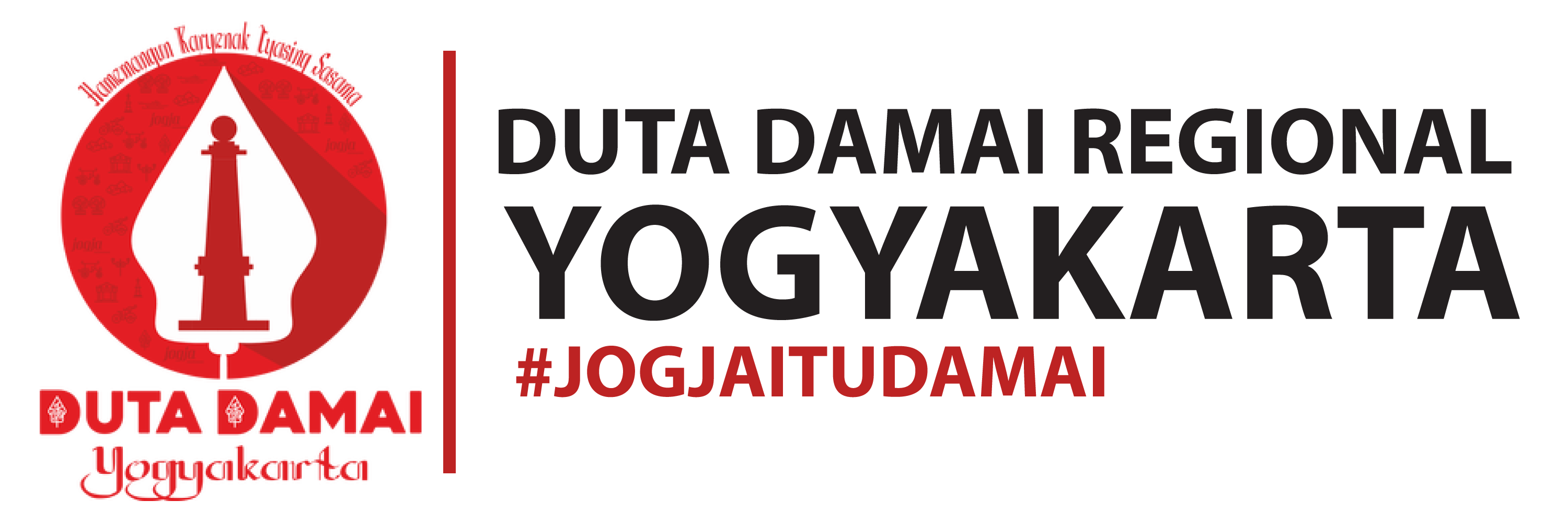
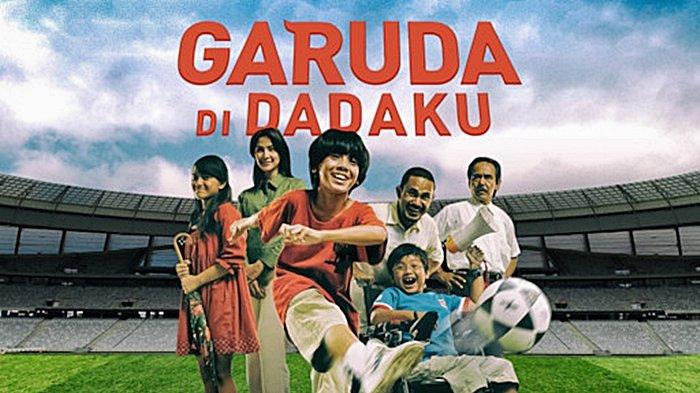
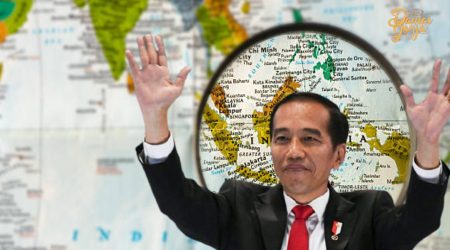
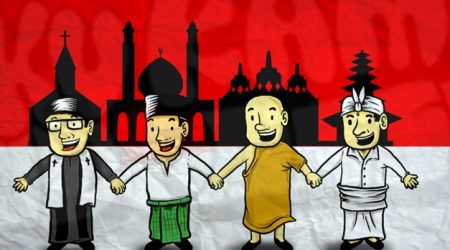

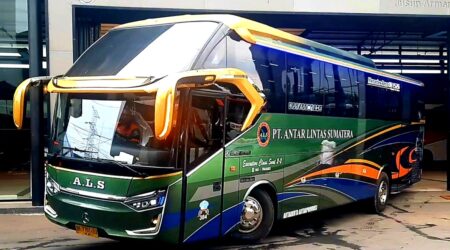
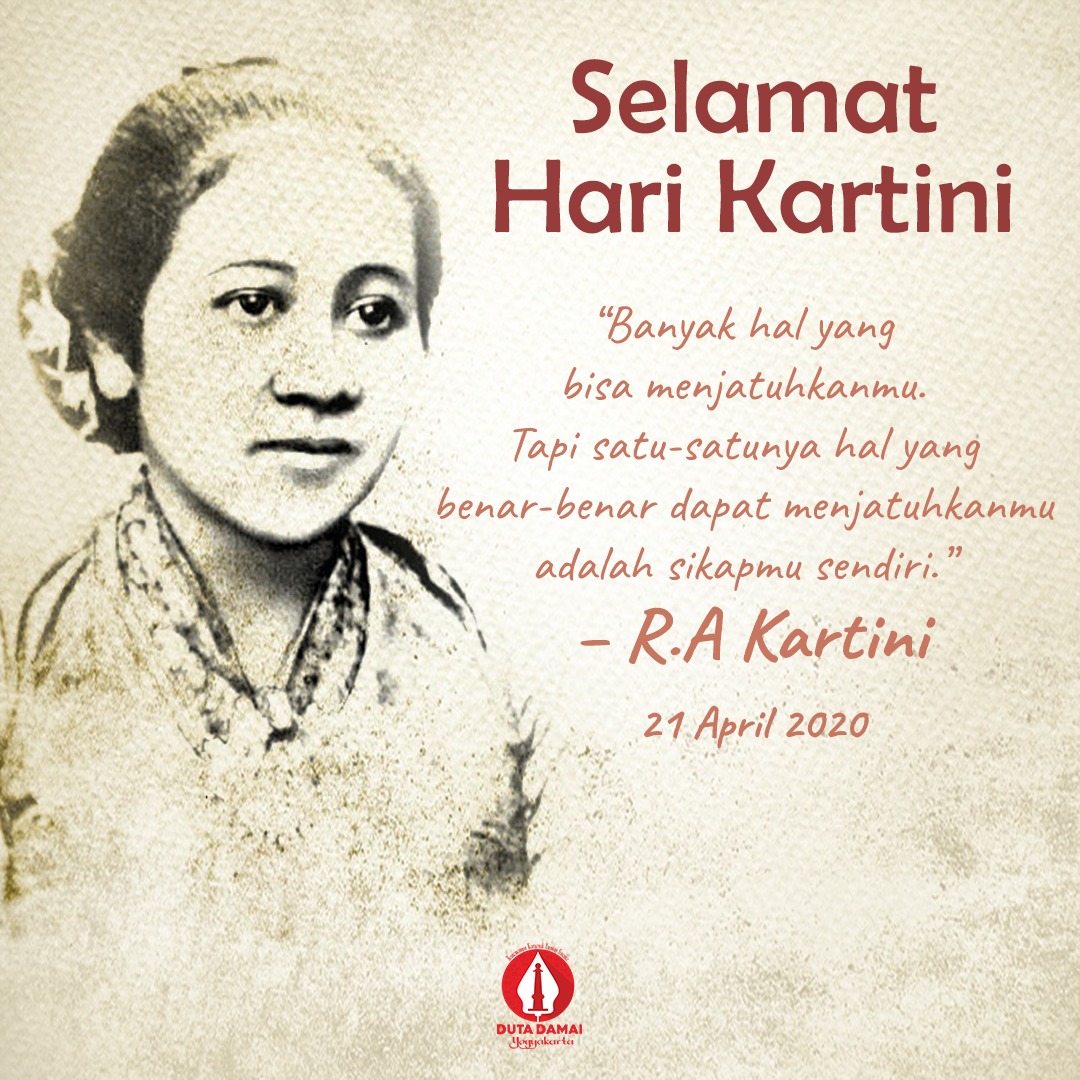
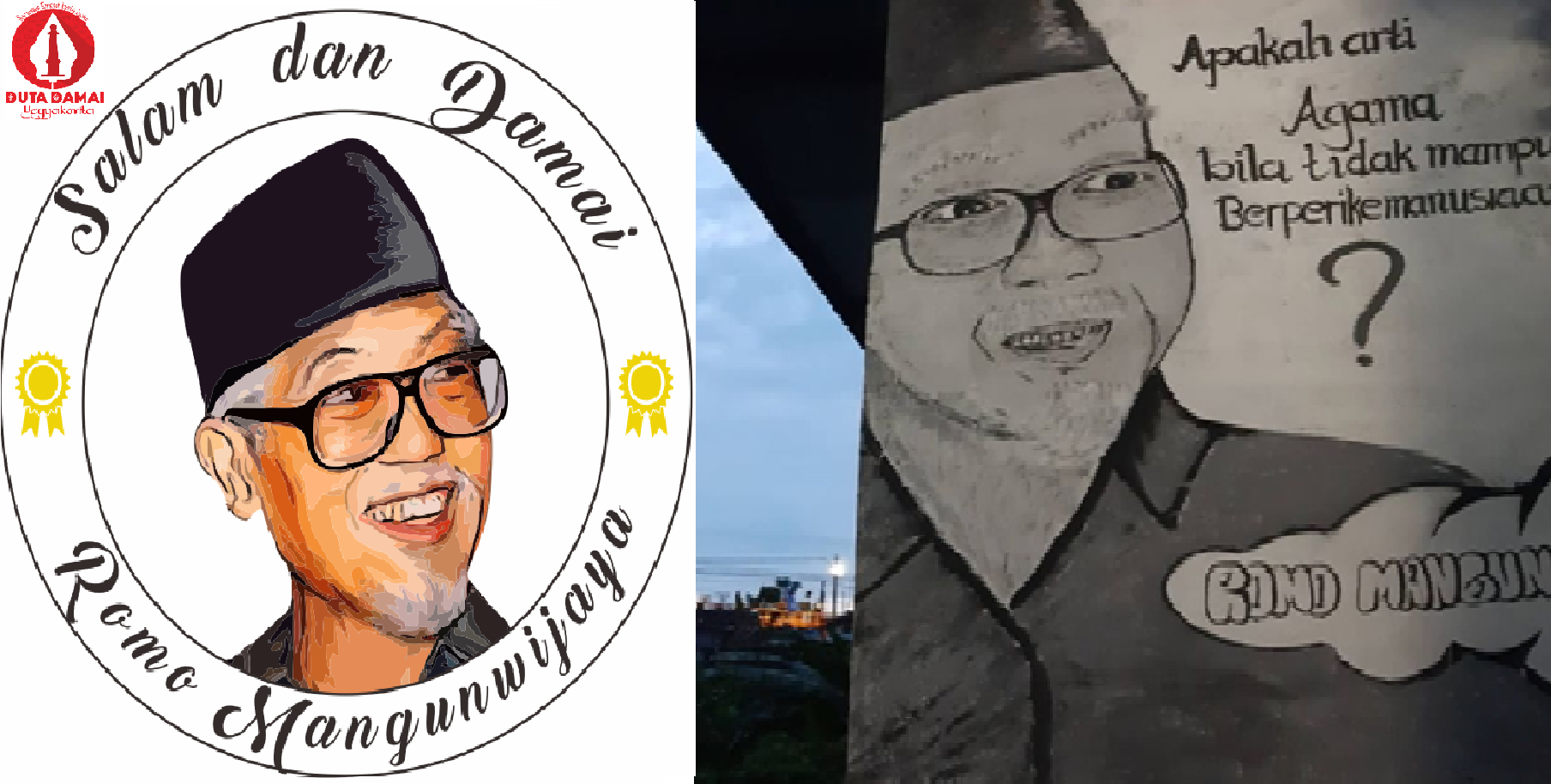
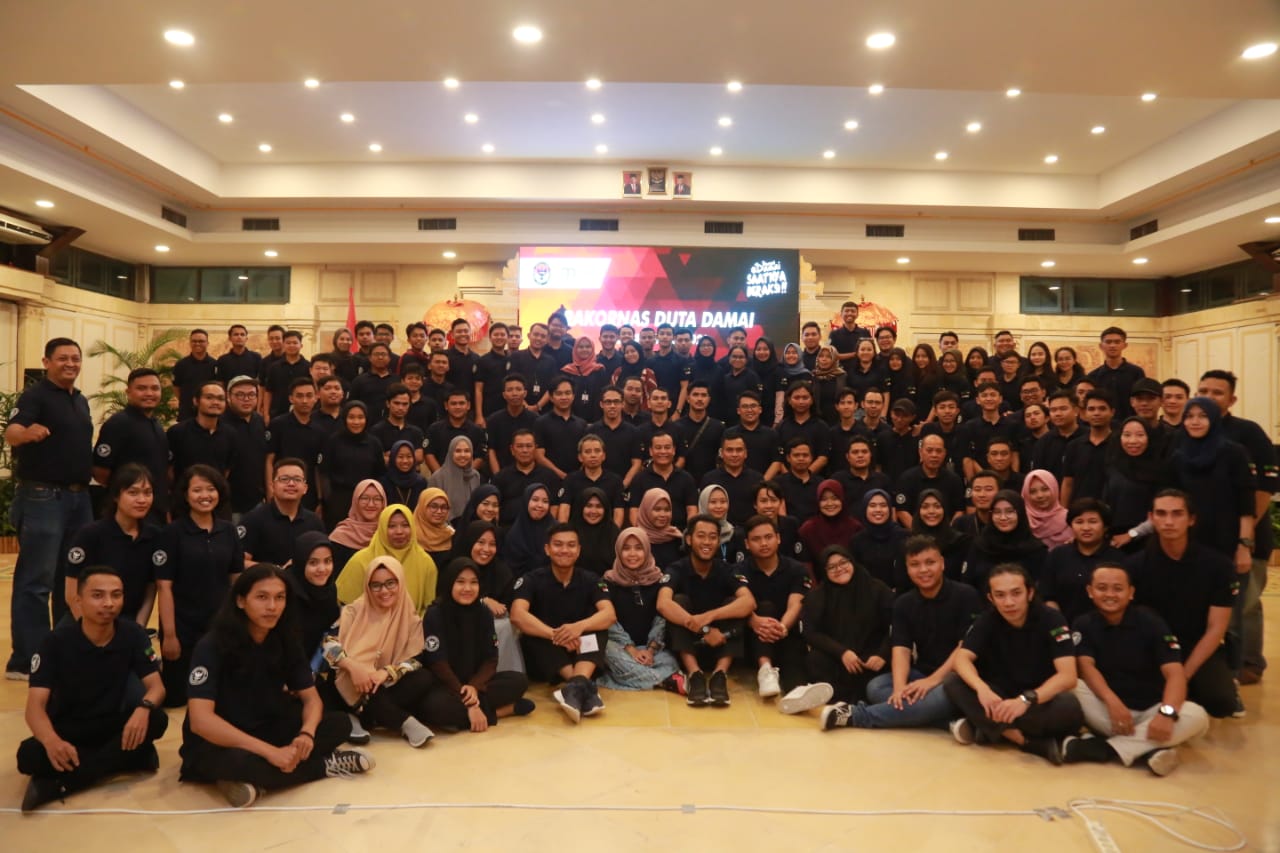


Comment (1)
[…] BACA JUGA: Liberation of Children’s Aspirations According to their Talents in the Film Garuda di Dadaku (2009… […]